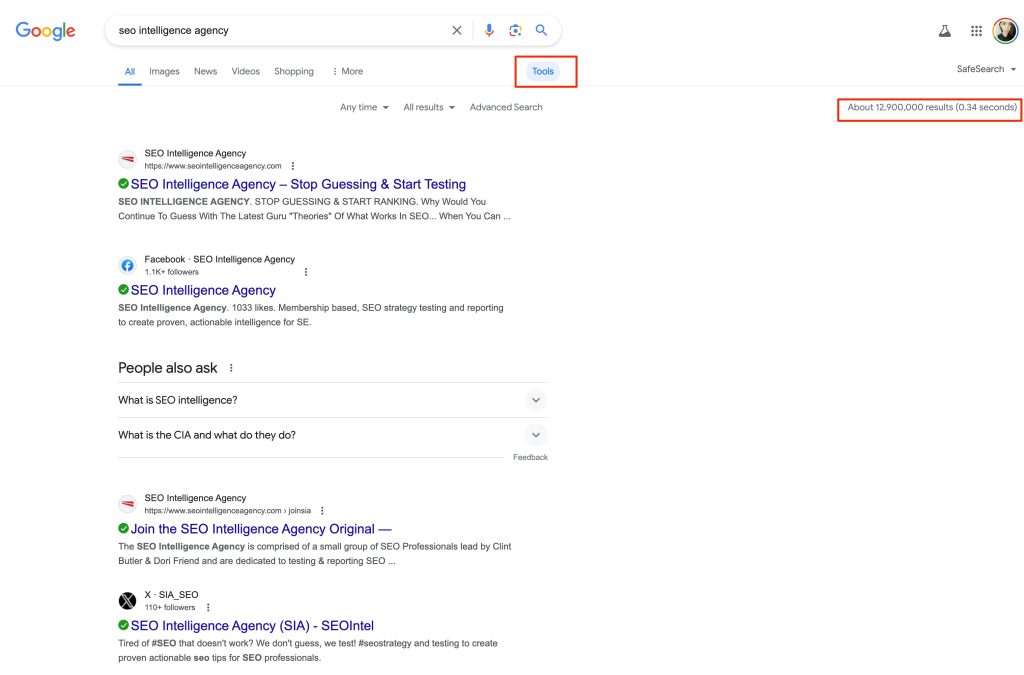
Sites are still reeling from the effects of the March 2024 core update which recently concluded a few weeks ago and it seems like we are still seeing some ranking volatility this past week as reported by Search Engine Roundtable. Is it another ranking update or just remnants of the core update?
Check out this week’s notable news in the SEO space.
In the past weeks, reports have been going around about Open AI’s plans to release its own artificial-intelligence-powered search engine to compete with Google. Reuters have reported that the company is set to announce it on Monday, which is the eve of Google’s I/O event, based on two sources familiar with the matter.
According to Bloomberg, OpenAI’s search feature will be integrated with their ChatGPT chatbot and will include citations. In another report by The Information, the search engine would be partly powered by Bing.
We just have to wait and see for that announcement on Monday – if it will happen, and if there is indeed a new search engine in town.
Google has started its enforcement of their new spam policy on site reputation abuse and with its enforcement, we see some pages being delisted. Some popular sites like CNN, USA Today, Fortune, and LA times are seeing the delisting of their coupon directory pages and are no longer ranking for coupon- related keywords. These sites have not blocked their directory pages from being indexed or ranked. Other sites such as Forbes, Wall Street Journal, and others have manually blocked their own pages before the policy enforcement started.
What Is Site Reputation Abuse?
Site reputation abuse is when third-party pages are published with little or no first-party oversight or involvement, where the purpose is to manipulate search rankings by taking advantage of the first-party site’s ranking signals. This includes sponsored, advertising partner, or other third-party pages that are typically independent of the host site’s main purpose or produced without close oversight or involvement of the host site, and provides little to no value to users. An example provided is when a third-party might publish payday loan reviews on a trusted educational website to gain ranking benefit from the site. This type of content ranking on search can confuse or mislead visitors who may have a vastly different expectation for the content on the website.
The new policy doesn’t consider all third-party content to be a violation, only those that are hosted without close oversight and which is intended to manipulate search rankings. As an example, many publications host advertising content that is intended for regular readers, rather than to manipulate search rankings – called native advertising or advertorial content. This type of content typically would not confuse regular readers of the publication when they find it on the publisher’s site directly or when arriving at it from Google’s search results. This type of content do not need to be blocked from search.
The search results count or the total number of search results for a given query which was previously visible in the upper right portion of the search results page is no longer as visible. To be able to see the count, users would need to click on the “Tools” menu at the top right of the bar and below it, it would show the estimated results count.

It has been reported for years that the information was set to be removed as Google has said a couple of times that the results count is not exact, but is just an estimation.
As to why the data matters, the results count is used by some to estimate the competitiveness of a keyword – the more results, the more competitive the term is. It is also used to check how many pages of a particular site is indexed. Removing this feature for good may pose some issues for some SEOs.
In this week’s Search Off The Record, the Google Search team talks about content decay which refers to the natural decline in relevance and effectiveness of online content due to factors such as changing trends, evolving audience preferences, changing search algorithms, etc. How important is it to update your content? Is old content bad? Check out the episode below: